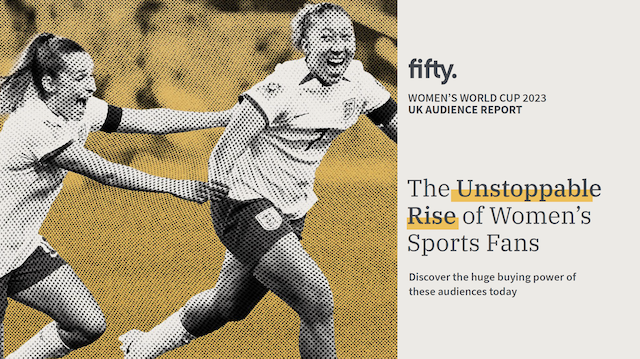UKIE’s latest report examines the state of the UK esports scene. It draws on expertise from a selection of stakeholders from across the sector and addresses the state of esports in the UK, developing trends that could shape the sector in the future, and how the sector could be developed further. It is aimed at investors, policymakers, the government and regional authorities.
UK esports report – key takeaways
- 32.85% of UK esports followers are aged 18-24, with 25-34-year-olds being the next largest group, making up 26.25% of the audience
- 82.72% of UK fans are male, 17.28% being female
- Call of Duty (CoD) is the most followed game among esports followers (25%), followed by Counter-Strike: Global Offensive (CSGO), which is watched by just over 23%.
- Apex Legends (17.7%) ranks highly amongst UK fans, as do fellow shooter games Overwatch (11.45%), VALORANT (11%) and PLAYERUNKNOWN’S BATTLEGROUNDS (8.6%).
- FIFA/ EA Sport FC is also popular (15.78%), as is football with cars franchise Rocket League (14.44%).
- Commercially mature League of Legends ranks as the fourth most popular title attracting 17.5% of the audience.
- The Call of Duty League (CDL) is the most popular league/tournament to watch amongst UK viewers, with 15.5% of fans tuning in. The League of Legends Continental League (LCL) is the second most popular with 13.24%, just above the Legends European Championship (LEC) with 11.56% of the audience.
- The most popular sport amongst UK game players and esports followers is football, spread across La Liga, English Premier League, Bundesliga etc. 46.79% engage with this
- Boxing ranks a clear second (27.6%) and cricket in third (20.45%) before NFL, athletics, basketball, cycling, extreme sports, golf and gymnastics all score between 14.2% and 18.56%
- 26% of fans play 7-14 hours of games a week, 40% play online with friends or as part of a group, and 36% would say video games are one of their main interests but that they don’t take them too seriously
- Windows PCs and smartphones are the devices of choice (53% and 50% respectively) to game on, with the Sony PlayStation 4 the top console with 30% of fans
- Esports is valued by the education sector, with a number of universities offering esports-related degrees and scholarships, and a number of others developing bespoke facilities. The Duke of Edinburgh’s Award scheme also now has an esports element.
Other aspects of the UK esports market covered
The report also discusses a number of other areas, namely:
- Team organisations and the quest for profit
- Sponsors, Saudi investment and new revenue streams
- Media, MPs and the mainstream
- A selection of industry stakeholders (note – there are a lot of important UK businesses missing from this report. We suspect UKIE-member organisations have been focused on.
- The future of UK esports and where the opportunities lie
- Is Web3 and the metaverse the future of esports?
- Future esports facilities
- The future of UK esports – 8 drivers for growth
- Potential pitfalls
Download the UK esports – challenges and opportunities report 2023, here.
Need help navigating the UK esports market?
If you’re looking for advice from an experienced esports agency, Strive Sponsorship can help. Contact us for sponsorship, commercial, content, media, operations, investment, and communications consultancy services.
Frequently asked questions
What are the UK-based esports teams?
There are hundreds of UK esports teams at various performance levels and across a variety of different titles. Some of the most well-known include Fnatic, Guild Esports (co-owned by David Beckham), Excel Esports, London Spitfire, and London Royal Ravens.
Is esports big in the UK?
Esports has seen huge growth in the UK, accelerating from 2016 onwards. As well as being home to a large number of professional teams and players, 15% of UK gamers watch professional esports competitions.
How many UK gamers are there?
There are 39.1m UK gamers, making the UK the 18th largest country for gaming participation. 71% play 36% watch, of which 35% also play. 25% consume other gaming content (e.g. online communities, podcasts, in-person events etc.). Read more about UK gamers in this Newzoo report.














